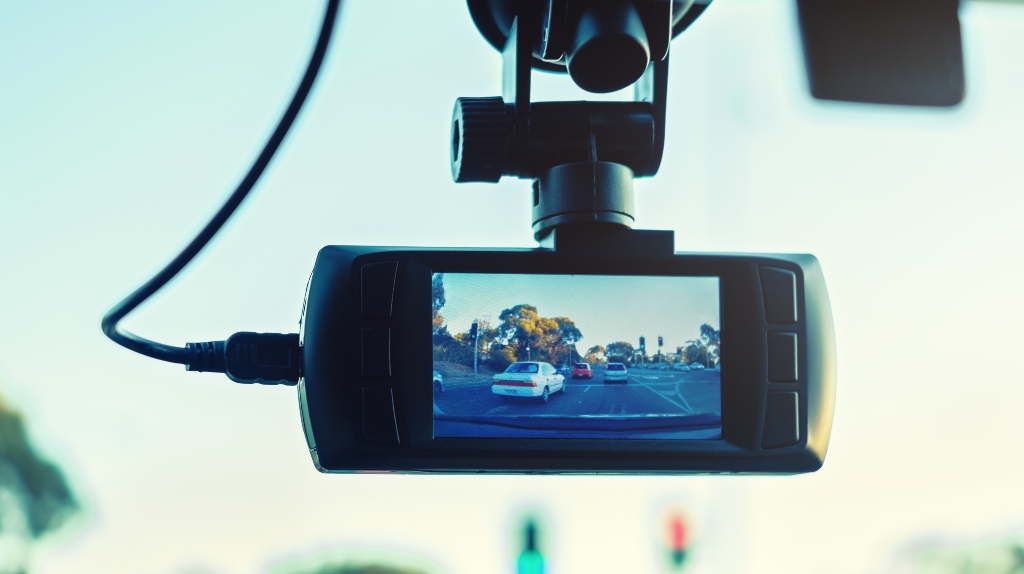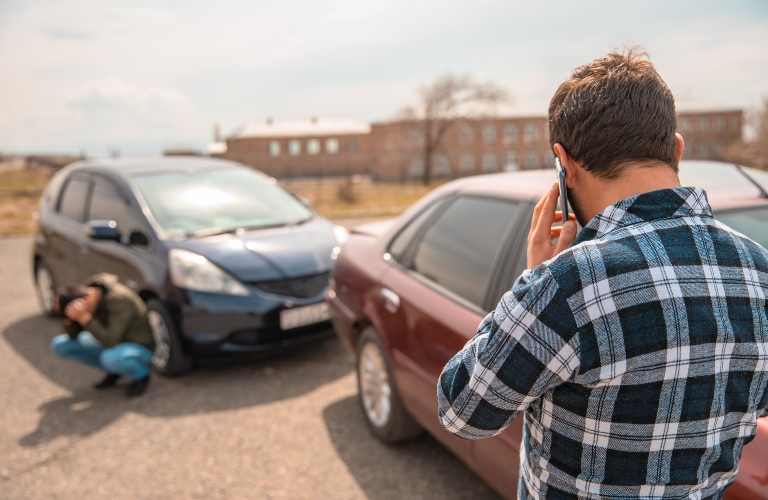
When you get hurt in a motor vehicle accident in Missouri, you may need evidence to identify the drivers or other parties at fault for the crash. Dashcam footage can provide objective evidence showing what happened in a collision.
The Role of Dashcams in Car Accidents
Dashcams are small cameras installed in vehicles, aftermarket, or by the manufacturer. Vehicles may have dashcams installed in the front of the car to look out the front windshield, in the back to record out of the back windshield, or potentially on the car’s sides. Dashcams can record footage in their field while the vehicle/engine is on; some dashcams also have motion detectors that begin recording when an object approaches a parked vehicle. Dashcams frequently place timestamps on their footage to show when events occurred.
In car accident cases, dashcams can provide real-time, objective footage of what happened in a car crash. For example, in a rear-end accident, dashcam footage can show whether the vehicle behind sped or failed to brake reasonably early enough to stop. In intersection accidents, footage can show the status of traffic signals when the accident occurred. Finally, dashcam footage can help identify and track down vehicles involved in hit-and-run accidents.
Is Dashcam Footage Admissible in Missouri Cases?
Missouri courts generally allow dashcam footage in car accident cases if the party submitting the footage obtained it legally and if the footage provides relevant information. A court may deem dashcam footage legal if it recorded activity in public, such as on a public road or other publicly accessible area. Courts may require parties offering dashcam footage to authenticate it, proving that the footage shows what it purports to show and that no party has altered it. The party offering the footage may need to establish an unbroken chain of custody from the dashcam to the storage medium containing the footage. However, privacy laws may raise issues regarding the admissibility of dashcam footage if the dashcam recorded both video and audio.
How Dashcam Footage Can Support Your Injury Claim
Dashcam footage can help you with your injury claim by corroborating your version of the events leading to the accident. Footage may also clearly show the opposing party’s negligent actions that caused an accident, such as speeding, running red lights/stop signs, or cutting off traffic. Footage can also damage an opposing party’s credibility by disproving their allegations about what occurred in the accident.
Potential Limitations and Legal Concerns
Some of the legal issues that may affect the admissibility or use of dashcam footage include:

- The dashcam footage shows your negligence: Dashcam footage may work against your auto accident claim if it shows that you bear some of or all of the fault for an accident, such as running a red light immediately before the collision.
- Alterations to the footage: Any alterations to dashcam footage, including changing footage from one file type to another when moving the footage between storage media, may make the footage inadmissible. Furthermore, a court may decline to admit footage that shows signs of alteration (e.g., zoomed in, cropped, slowed down)
- The footage recorded conversations without consent: Missouri has a one-party consent rule, meaning that at least one party to a conversation must consent to its recording. If the footage recorded the conversation of the party offering the footage, the court can admit it; however, if it records third parties’ conversations, the court may rule the footage inadmissible.
Contact a Personal Injury Lawyer Today
After getting into a motor vehicle, bicycle, or pedestrian accident, having dashcam footage can help you hold at-fault parties accountable for your injuries and losses. Contact Dreyer & Tinney Law Firm today for a free, no-obligation consultation with a knowledgeable personal injury lawyer to discuss the importance of dashcam footage in Missouri injury cases.
